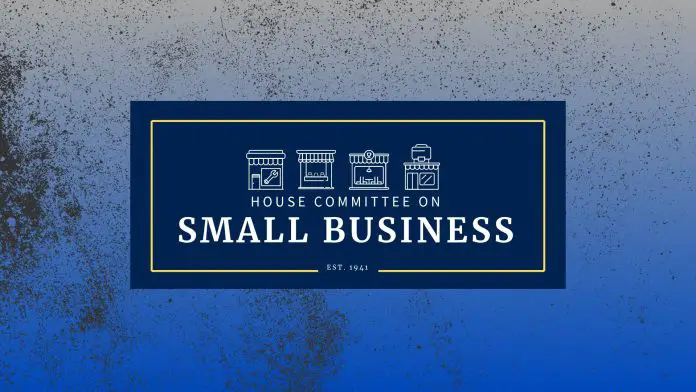Aiming to level the playing field for firearm-related businesses, the Equal Shot Act of 2025 was introduced today in Washington, D.C., by House Committee on Small Business Chairman Roger Williams (R-Texas). This significant piece of legislation seeks to protect small business owners from perceived discrimination by federal agencies, particularly the Small Business Administration (SBA), in distributing financial assistance.
The Equal Shot Act directly addresses concerns that the Biden Administration may have allowed political or ideological biases to influence access to federal resources. According to Chairman Williams, the bill ensures that businesses supporting the Second Amendment have the same opportunities as any other eligible small business. He remarked, “Unelected officials should not have the power to discriminate against an entire industry based on political bias. Firearm-related businesses are owned and operated by hardworking Americans who follow the law, create jobs, and contribute to their communities. They shouldn’t be punished for their values. This bill stands up for their right to compete on a level playing field.”
For small business owners, the implications of this legislation are significant. By safeguarding access to federal assistance, the Equal Shot Act allows firearm-related businesses to pursue loans and grants without the fear of political bias influencing the decision-making process. This move could dramatically expand the financial opportunities available for businesses in an industry that has often faced scrutiny.
The support for the Equal Shot Act isn’t limited to Williams alone; it has garnered endorsements from major advocacy organizations, including the National Rifle Association (NRA), Gun Owners of America (GOA), and the National Association for Gun Rights (NAGR). The coalition of support underscores a growing recognition of the challenges that firearm-related businesses have faced in obtaining equitable access to essential resources.
However, while the bill aims to protect small business owners from bias, there are potential challenges to consider. The conversation surrounding firearms and business practices can be polarizing. Small business owners in this sector should be aware of the diverse opinions in their communities and prepare for potential backlash. Adopting a proactive approach to community engagement may help mitigate any misunderstandings about their business practices and values.
This newly proposed legislation arrives alongside concerns that businesses in the firearm industry were denied funding or faced restrictions due to their affiliations. Williams’ commitment to ensuring that all eligible businesses are treated fairly could result in a cultural shift in how federal financial assistance is distributed. Small business owners may find renewed confidence to innovate or expand, knowing their access to resources is being safeguarded.
As businesses navigate the implications of the Equal Shot Act, they should consider the overall climate for firearm-related businesses, which can vary state by state. Some areas may be more receptive than others to the idea of supporting such businesses. Understanding local attitudes toward firearms and incorporating this knowledge into business strategies will be critical.
The Equal Shot Act also has a companion piece in the Senate, led by Senator Jim Risch (R-Idaho), emphasizing cross-party support that may enhance its chances of passage. If successful, the act may prompt a broader dialogue on federal assistance policies, particularly regarding how they can be applied equitably across all sectors.
For small business owners, the promise of the Equal Shot Act encapsulates both opportunity and caution. Gaining access to critical funding could empower firearm-related businesses to not only survive but thrive. However, they must tread carefully, being mindful of the societal dynamics surrounding their industry.
As legislation evolves, it remains vital for small business owners to stay informed about policy changes that might impact their accessibility to federal resources. Engaging with advocacy groups and their representatives can aid in navigating this emerging landscape.
For more detailed information about the Equal Shot Act of 2025, you can view the full text of the bill here. The future of firearm-related small businesses may hinge on this legislative action, and awareness will be key in leveraging new opportunities ahead.
Image Via BizSugar



